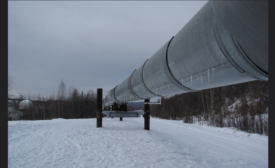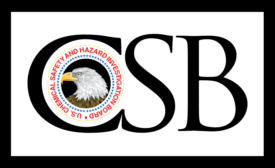Home » phmsa
Articles Tagged with ''phmsa''
Statement from new CSB chair Vanessa Allen Sutherland
Chairperson is appointed by president, confirmed by Senate
August 25, 2015
Never miss the latest news and trends driving the safety industry
eNewsletter | Website | eMagazine
JOIN TODAYCopyright ©2024. All Rights Reserved BNP Media.
Design, CMS, Hosting & Web Development :: ePublishing





